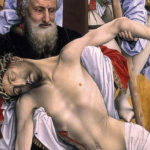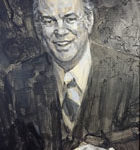
This date has been reserved for focus on reaction and response in human experience. Analysis of reaction to anything, but especially to persons and speech conduct – is a major matter for human consideration and education. So much of life direction turns on our reactions, and that life is much improved when the matters related to reaction are understood and managed. My wife told me one day that a sermon I delivered on Action and Reaction changed her in the management of her depressions. From that day her life seemed changed, and it was changed, not only for her, but for me in detecting triggers that would set off some depressions. She was visibly better to the point that some… Read more






